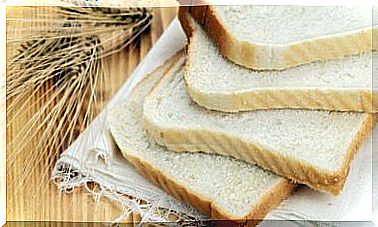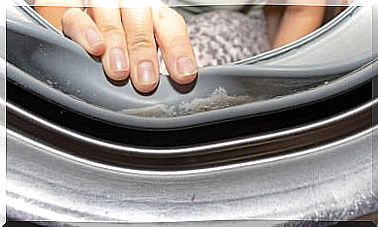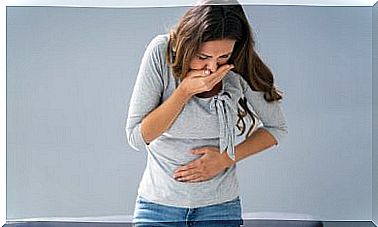8 Tips To Combat Constipation In Women
Constipation in women is not as rare as it seems. In fact, experts agree that women are more likely to suffer from it than men. And not only in specific stages such as pregnancy, but in general. For this very reason, it is normal for many to wonder how to combat it.
- In a Final Degree Project from the Complutense University of Madrid it is indicated that “in Spain, the prevalence of chronic constipation in the adult population is 4.5%, with eight out of ten affected women “.
- Also, in a document published by the World Gastroenterology Organization, “women report a higher incidence of constipation than men.”
- The MSD Manual explains that it is necessary to take into account what each person calls “constipation”, because often, many people consider that because they do not evacuate daily they suffer from it, and this is not necessarily the case.
- On the other hand, this manual indicates that not all cases of constipation require the same type of treatment, however, changes in lifestyle are usually favorable in many. This is what we are going to develop next.
Why does constipation appear to a greater degree in women?

The influence of hormones
It is considered that the hormonal fluctuations that women go through throughout their menstrual cycle can produce a certain predisposition to constipation. These variations affect the functioning of the intestine and this, added to other factors (such as a low fiber diet or a low water intake), can cause you to move less. In this way, it becomes slower when making the necessary movements to promote evacuation.
The influence of certain diets
Sometimes, we start following certain diets to lose weight that, although it may not seem like it, can cause us various health problems (of greater or lesser intensity), such as constipation in women. This usually happens especially when diets are too restrictive and, in addition, the fiber intake is too low.
We must take this into account and be careful with the type of diets we follow. Therefore, the ideal would always be to consult with the doctor or nutritionist before making drastic changes in our diet.
Guidelines to combat constipation in women
Women Before using medications (laxatives or any other type) to treat constipation in women, it is advisable to try changes in habits. Below we will share some suggestions to help you.
1. Full breakfast, with a good amount of fiber
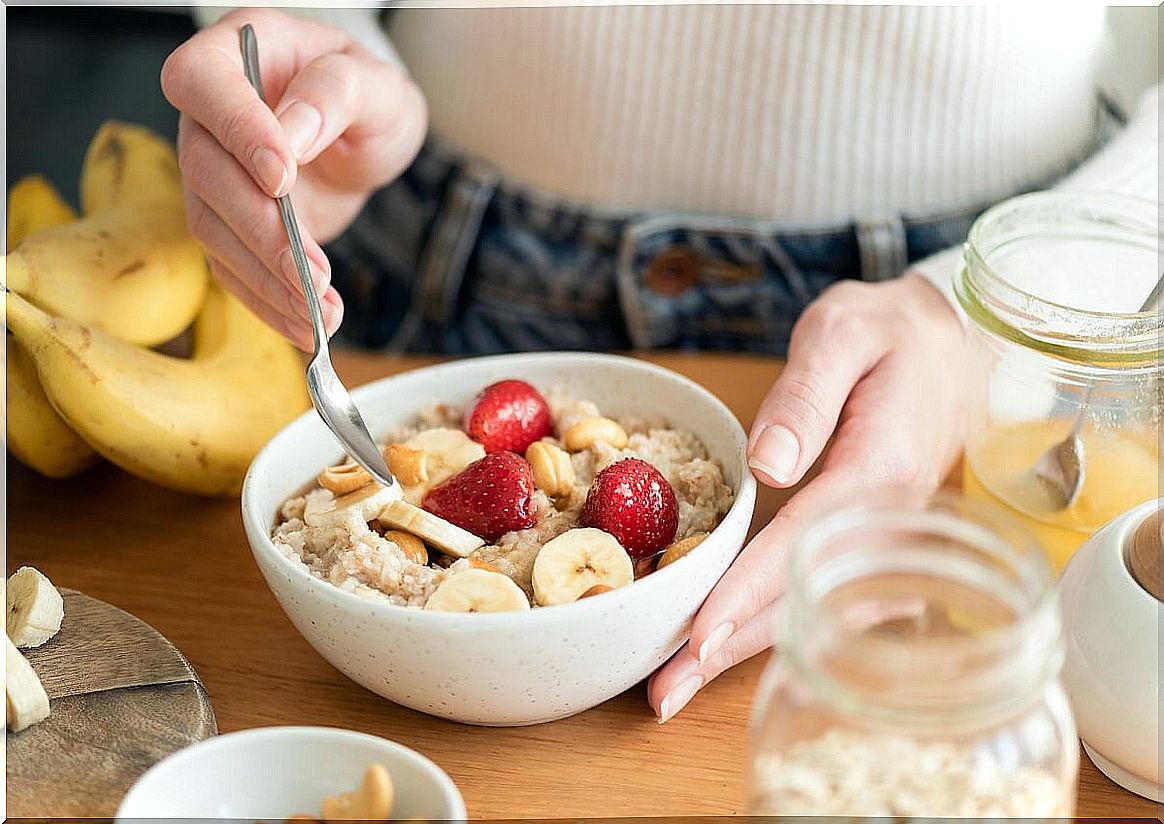
It is necessary that we follow specific daily guidelines if we want to obtain relief and regulate intestinal transit. Breakfast is an ideal meal to take a good supply of fiber and thus help promote intestinal transit.
- Starting the day with a little warm or hot water can be helpful as a first step.
- Then, have a breakfast based on whole grains (oatmeal, bran), with one or more pieces of natural fruit (plums, banana, peaches, apples etc.).
- We must avoid consuming industrial and related pastries, since they are rich in sugar and refined flours, ingredients that do not favor the fight against constipation but on the contrary, they make it difficult.
- Taking a tablespoon of olive oil or honey on an empty stomach could also be helpful in mild constipation.
- Plant drinks, such as canary seed milk, can also be more beneficial than other drinks to accompany breakfast.
- Chamomile and pennyroyal teas might also be good options.
Read: Do you really get all the fiber you need?
2. Light dinners
Sometimes we make the mistake of having dinner late and in a big way. Either because work or obligations determine us to do so, or because we come home late and hungry. In the end, we get down to business and end up having dinner quite late. This is not recommended.
During the night the emptying of the stomach is delayed, therefore the intestinal transit slows down. If we eat a copious and heavy meal, we will more easily suffer from constipation and other discomforts.
The last meal of the day should be light and ideally early, about two to three hours before going to sleep.
3. Yes to vegetables

We all know that vegetables and legumes are excellent for regulating constipation in women or men. But we have to see how they make us feel. Keep in mind that, for example, broccoli, cauliflower or artichokes cause flatulence and sometimes they are not as good as we think.
For some people, salads at night are not so great either. In fact, lettuce and many green leafy vegetables also cause us gas. But in each person they act differently, so it is you who should notice it. Eggplants, for example, are very beneficial.
4. Fruits with skin
Whenever you can, consume the fruit with the skin, as well as the pulp of the same. For example, it is recommended that at noon, if you feel hungry, you have an apple with the skin.
And at breakfast, when you make yourself a natural orange juice, do not remove the pulp. It is excellent for promoting bowel movement. Pears, kiwis, strawberries, grapes, and plums will also help you in cases of constipation.
5. Beware of diets
Every time you want to start a diet, you should make sure that it is varied and that the basic nutrients are covered. That is, a good supply of minerals, vitamins, proteins and fiber.
Fiber is essential, as well as the necessary supply of fluids. Never neglect your water intake. Try to drink more than 3-4 glasses of water a day and, at the same time, avoid consuming industrial drinks, as they promote constipation.
6. Yes to olive oil to combat constipation in women
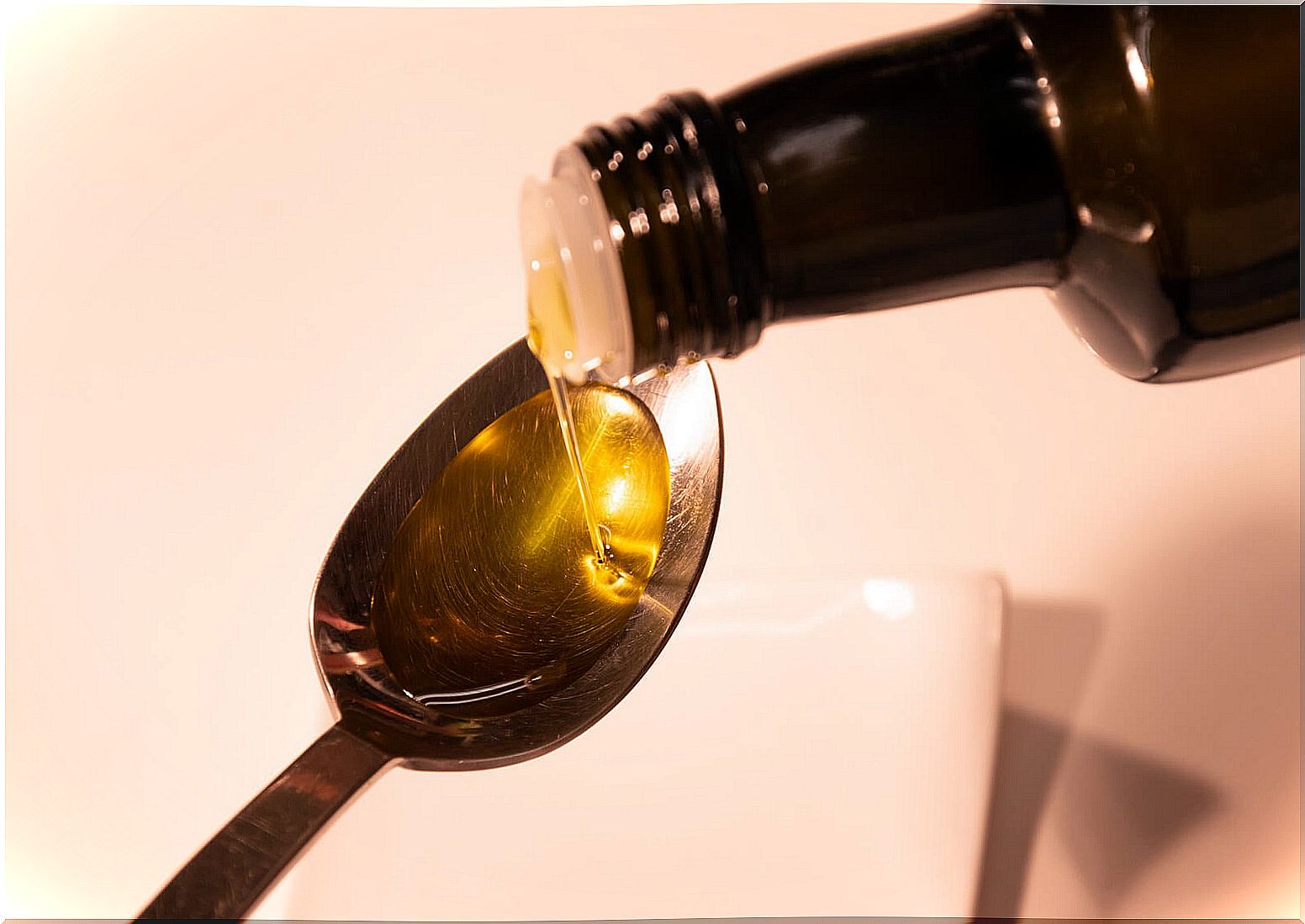
According to popular wisdom, olive oil can help combat constipation in women and men. This is because it can hydrate and soften the stool, thereby facilitating its expulsion.
It can be taken alone, on an empty stomach or before a meal, but the fact of including it -in moderate amounts- in meals is also beneficial.
7. Beware of forbidden foods
To combat the effects of constipation, we must avoid consuming all those foods that are difficult for the body to process and that are harmful: refined flours, fried foods, seasonings, industrial products, sweets … and all ultra-processed foods in general.
All this extra contribution of sugars and fats is what makes the stool hard, making it difficult to eliminate. Cured cheeses and rice have a similar effect, so it is best to moderate their consumption to avoid constipation.
8. A little exercise
To activate the bowel movement and combat constipation, in addition to eating healthy and taking care of hydration, we must move regularly. Instead, being sedentary will only make the problem worse.
Going for a walk at least half an hour a day at a good pace, riding a bicycle, swimming, dancing, practicing a sport or doing a full training session in the gym are recommended options … The important thing is to integrate them into the routine so that they help to obtain relief and, at the same time, prevent future episodes of constipation.
As we have seen, constipation in women can be alleviated if we make some changes in the routine. These are simple changes that are not very difficult to implement and that, once naturalized, can help us stay healthy.
Of course, if the constipation does not resolve, the ideal is to consult with the doctor as soon as possible.
